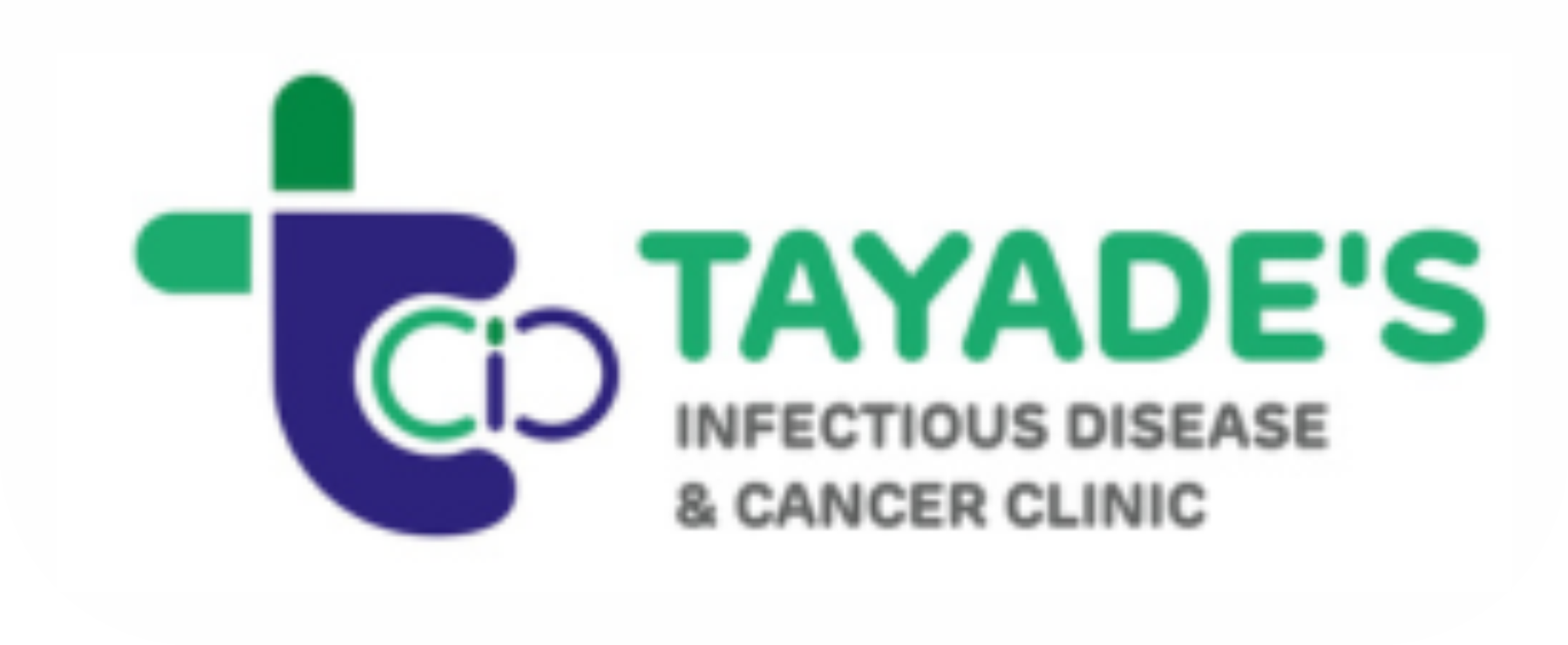Post-Exposure Prophylaxis (PEP) – PEP refers to the use of antiretroviral drugs for people who are HIV-negative after a single high-risk exposure to stop HIV infection. PEP must be started as soon as possible to be effective – always within 72 hours of a possible exposure – and continued for 4 weeks.
What is PEP?
PEP (post-exposure prophylaxis) means taking medicine to prevent HIV after a possible exposure.
PEP Must Be Started Within 72 Hours of Possible Exposure to HIV
Talk right away (within 72 hours) to your health care provider, an emergency room doctor, or an urgent care provider about PEP if you think you’ve recently been exposed to HIV:
- During sex (for example, if the condom broke),
- Through sharing needles, syringes, or other equipment to inject drugs (for example, cookers), or if you’ve been sexually assaulted.
The sooner you start PEP, the better. Every hour counts. If you’re prescribed PEP, you’ll need to take it daily for 28 days.
PEP is for Emergency Situations
- PEP is given after a possible exposure to HIV.
- PEP is not a substitute for regular use of other HIV prevention.
- PEP is not the right choice for people who may be exposed to HIV frequently.
- If you are at ongoing risk for HIV, such as through repeated exposures to HIV, talk to your health care provider about PEP (pre-exposure prophylaxis).
How well does PEP work?
If taken within 72 hours after possible exposure, PEP is highly effective in preventing HIV. But to be safe, you should take other actions to protect your partners while you are taking PEP. This includes always using condoms with sexual partners and not sharing needles, syringes, or other equipment to inject drugs.
Are there any side effects?
- PEP is safe but may cause side effects like nausea in some people.
- In almost all cases, these side effects can be treated and aren’t life-threatening.
How can I prevent getting HIV after a recent possible exposure, like if a condom breaks or I’m sexually assaulted?
There is medicine you can take to prevent getting HIV after a recent exposure. Talk to your health care provider, an emergency room doctor, or an urgent care provider right away about PEP (post-exposure prophylaxis).
- PEP must be started within 72 hours after a possible exposure.
- The sooner you start PEP, the better. Every hour counts.
- If you’re prescribed PEP, you’ll need to take it daily for 28 days.
Can male circumcision prevent HIV?
Talk to your health care provider about the risks and benefits of male circumcision.
- Male circumcision does decrease the risk of getting HIV in some situations, but it doesn’t decrease the risk of HIV as much as other HIV prevention options.
- Circumcised men are less likely than uncircumcised men to get HIV from vaginal sex with a partner with HIV.
- Male circumcision does not decrease a woman’s risk of getting HIV.
- The benefits of circumcision for gay and bisexual men are unknown.
- Circumcised men should take other actions to prevent getting HIV or to protect their partners.
Can I get vaccinated to prevent HIV?
- No vaccine is currently available to prevent HIV.
Source – CDC

